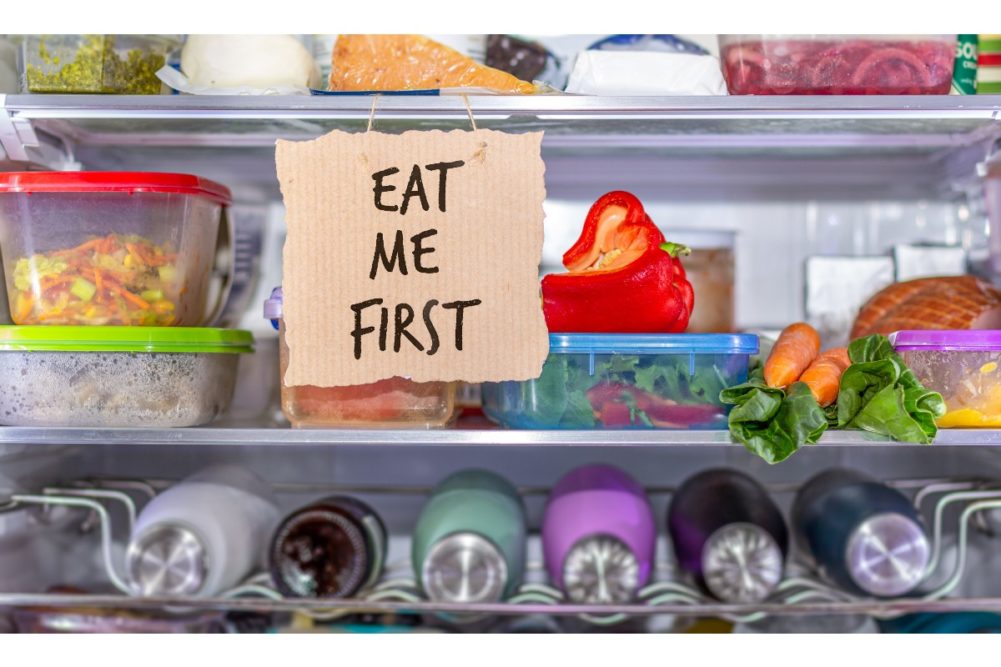BELOIT, WIS. – As more consumers consider the benefits of reducing food waste, products that arrive in homes with longer shelf lives are becoming more appealing, a study from Kerry found.
After surveying 5,154 consumers from 10 countries, the global supplier of taste and nutrition solutions learned that 72% of the respondents think extending the shelf life of a product would help them reduce waste. And 74% said preservatives are an important factor when they purchase their food.
Per Kerry’s study, one-third of those surveyed said they were willing to switch to brands with products that boast better shelf lives.
The company concluded that the expressed readiness of so many to switch is tied to consumers’ overall interest in addressing the world’s food waste problem. Among those surveyed, 98% declared they are actively trying to minimize food waste. Factors identified included financial concerns, environmental considerations, and mindfulness of world hunger.
The data Kerry shared also revealed 69% of the consumers surveyed said they are inclined to purchase products formulated to reduce food waste. Pointing to these responses, Kerry said the food industry has “a significant opportunity” to innovate and develop products that meet these expectations.
“Our research clearly demonstrates that consumers have a strong desire to reduce food waste in their own homes, and they increasingly recognize the role of preservation in achieving this goal,” said Bert de Vegt, Kerry’s vice president of food preservation and protection. “As inflationary pressures remain, preventing products from going to waste has become more crucial than ever.”
The company shared that 82% of those surveyed expressed acceptance of natural preservatives and 50% were open to buying products with artificial preservatives. Kerry also noted buying patterns indicate an even higher acceptance of preservative solutions.
The study focusing on food waste, Kerry said, included in-depth interviews this year with 60 consumers in the United States, United Kingdom, Mexico, France and Thailand, and “an extensive quantitative exploration” with thousands of consumers from those countries, as well as Brazil, South Africa, Germany, Australia and Canada. The company teamed with C+R Research, Qualtrics, and Wageningen University & Research on the project.

